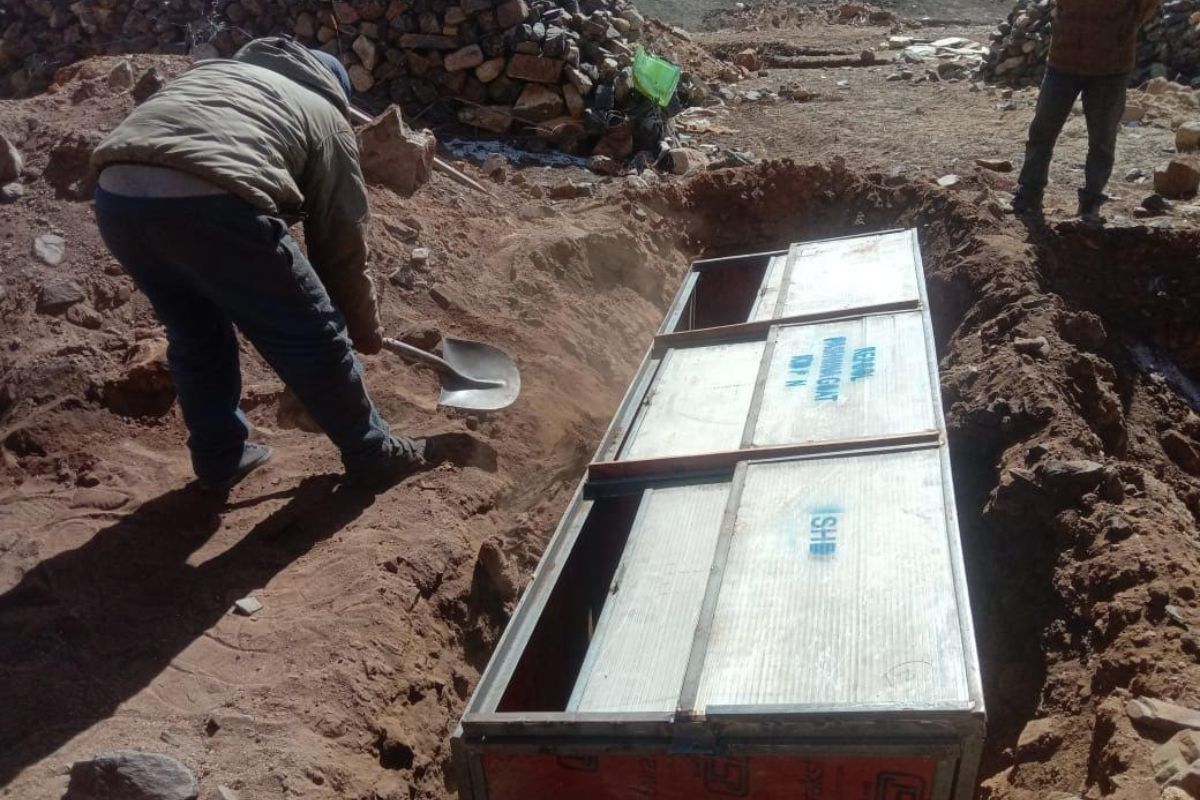With the temperature dipping to -20 degrees these days, Ladakh administration has set up 448 kid pens in the Nyoma sub-division to prevent mortality among young Pashmina goats.
An official spokesman said on Wednesday that to mitigate the loss of young animals during the harsh winter months, the Department of Sheep Husbandry, Leh, has installed these kid pens in Nyoma subdivision, specifically benefitting the villages of Korzok, Kharnak, Koyul, Demjok, Dungti, Hanle, and Rongo. The initiative was taken under the vibrant village programme.
Advertisement
The vibrant village programme aims to create a more sustainable and resilient environment for livestock rearers in the region, particularly during the challenging winter season. Recognising the vulnerability of young animals to the extreme weather conditions, the installation of these kid pens is a proactive step towards ensuring their well-being.
A total of 460 livestock rearers from these villages actively participated in the program. Besides, department representatives were also present.
Meanwhile, in a step towards achieving carbon neutrality, the union territory (UT) administration of Ladakh has set up zero-carbon emission pens for Pashmina goats and provide subsidy to the herders.
The Changthang area of Ladakh has an estimated population of about 2.20 lakh Pashmina goats that provide high quality wool. Pashmina goat is exotic and is only found 15,000 feet above sea level in Ladakh.
Lt. Governor of Ladakh, Brigadier BD Mishra (Retired) recently discussed issues related to Pashmina with the herders of Changthang and other stakeholders. He informed them about the administration’s plan to increase the population of Pashmina goats, increase the production of Pashmina wool and help the herders get a good rate for the wool.
Around 45 tonnes of Pashmina wool is produced in Ladakh annually. The Pashmina herders were paid Rs 3,325 per kg for the wool last year which has been increased to Rs. 3,850.
He highlighted the need for promoting pashmina goat keeping and enhancing Pashmina wool production in mission mode. He stated that Pashmina will be lost forever if we don’t take concrete steps to conserve this precious asset. He requested for the cooperation of the people engaged in the promotion of Pashmina.
